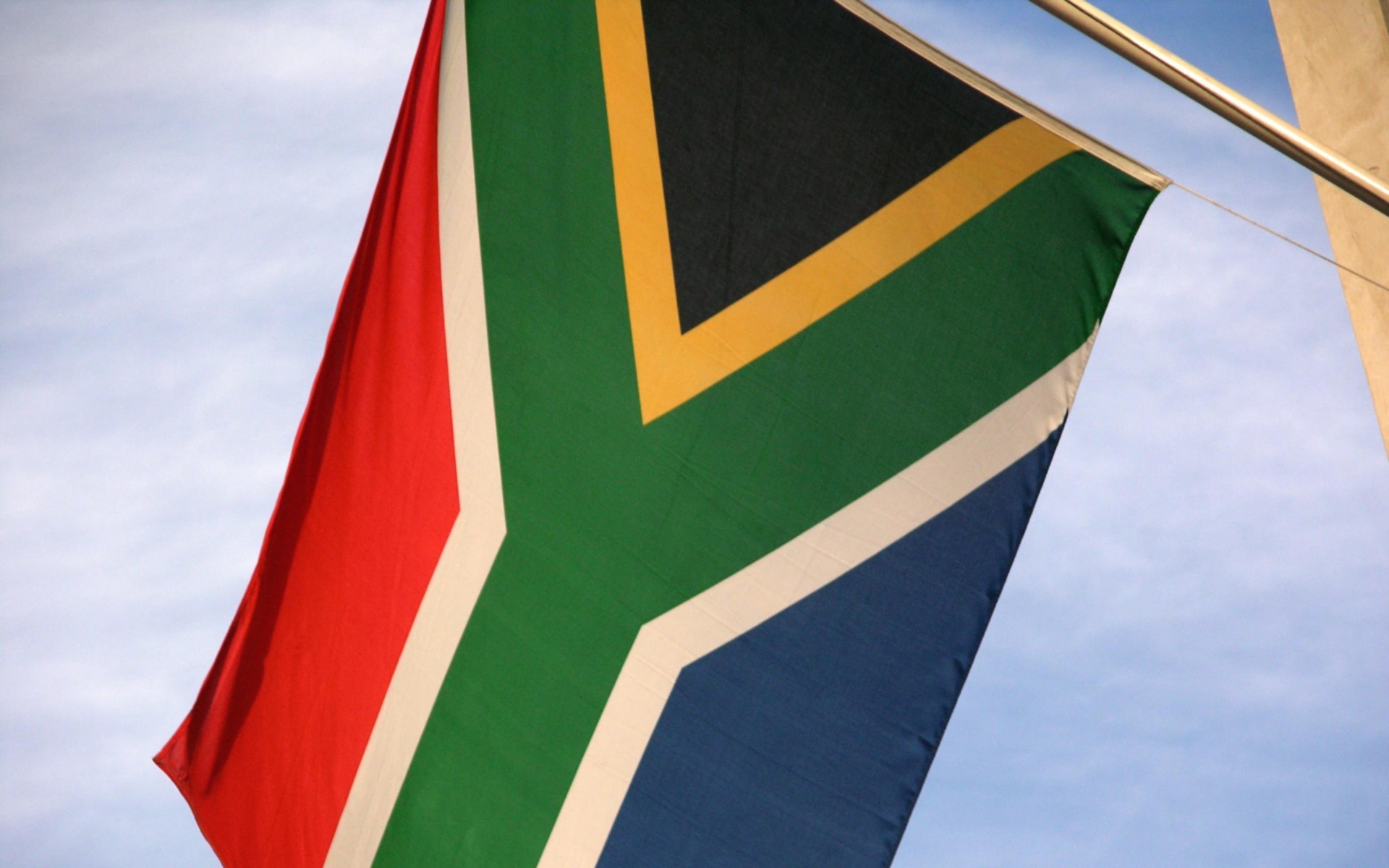Culture
Education Is the Key to Progress—and Three South African Holidays This Season Remind Us of That
Written by Suraya Hamdulay on Apr 29, 2022
Related content: Diversity And Inclusion, Life at 2U

In South Africa—as it is around the world—access to quality education is the great equalizer when it comes to opportunity, fulfillment, and success. But throughout our country’s not-so-distant past, gross inequities in education and other critical human rights fanned the flames of racism and classism for decades.
In 1976, for example, students led the infamous Soweto Uprising when Afrikaans, a language then associated with Apartheid, was ordered to be taught in Black schools alongside English. Throughout the 1980s, protests of “Liberation Before Education!” continued as Black schools remained overcrowded, under-resourced, and officially segregated from their white counterparts. Even after the end of Apartheid in the 1990s, the road to more equitable schooling for Black students and more equitable treatment for workers was littered with confusion, contempt, and confrontation.
We still have a way to go before all people in South Africa, younger and older alike, have the opportunity to leverage a quality education to establish viable careers and happy existences for themselves and their families. But it’s this time of year I especially reflect on our country’s progress—as three South African holidays across March, April, and May help remind us how far we’ve come.
Three Empowering Moments in South African History
With the abolishment of Apartheid in the early 1990s, the mid-1990s saw the establishment of several new holidays to memorialize key events in South Africa’s struggle to end discrimination. A young adult at the time, I remember being filled with hope and comfort as these holidays were being created. This way, we would never forget those who came before us.
Freedom Day, which we just celebrated this past Wednesday, 27 April, is one of South Africa’s most significant holidays. This annual observance commemorates the end of more than 300 years of oppression and the beginning of a true democracy with the creation of a new government and constitution for our country in 1994. The date of 27 April that year will forever be etched in the memory of millions of South Africans who were able to vote in a national election for the very first time, regardless of their race. I personally will never forget the enormous sense of pride and elation I felt as I cast my ballot for the first time—we had achieved freedom in our lifetime!
We also recently celebrated Human Rights Day. Observed on 21 March every year since 1995, the holiday gives South Africans the opportunity to reflect on our progress made in the promotion and protection of human rights. The observance aligns with the date of the Sharpeville Massacre in 1960, when police killed dozens of people protesting the country’s “pass laws,” which required Black South Africans to carry identification that restricted where they could go and who they could work for. This year for Human Rights Day at 2U Cape Town, I was honored to host retired Judge Siraj Desai. He spoke to employees about the importance of the South African Constitution and reflected on our country’s pre-constitutional dispensation, demonstrating the value of the freedoms we all have today.
Coming up for all South Africans next week, Workers’ Day has been celebrated annually since 1994 on 1 May (or the nearest non-weekend day; this year it’s Monday, 2 May). What started as a day to honor the tremendous battles workers have fought for their rights and fair employment standards—and the important role that labor organizations played in helping to end Apartheid—has evolved into a testament to the hard work of all South African people. The observance is also a reminder of the obstacles that many of our country’s working class and poor continue to face every day. I am always grateful on this day to be able to live and work in a country where everyone has a right to decent work and fair labor practices.
A Commitment to Education as a Human Right for All
When Apartheid was first instituted in 1948, the struggle for freedom and equality was fought on various fronts, with both students and workers playing a crucial role. Central to their success was an unwavering commitment to the role of education in liberation. Education is the bedrock of democracy and enhances citizens’ ability to enjoy the other freedoms it brings, including the right to vote, move freely, and work freely—all of which contribute to an improved quality of life.
Human Rights Day, Freedom Day, and Workers’ Day are three incredible examples of the power of education and coming together in solidarity to liberate hearts, minds, and spirits—which we at 2U Cape Town wholeheartedly believe in. I’m proud to work for a global company that’s dedicated to creating more accessible and affordable pathways to education, and thus opportunity for all. It’s why 2U is also willing to take a stand for those who are struggling to find that freedom themselves—like, currently, with our support for the people of Ukraine.
Over these three holidays, and several others like Youth Day in June and Women’s Day in August, we at 2U Cape Town celebrate the many opportunities we’ve been given in South Africa’s hard-won freedoms. But every day of the year, we remain committed to the conviction that education will always be the greatest key to progress.